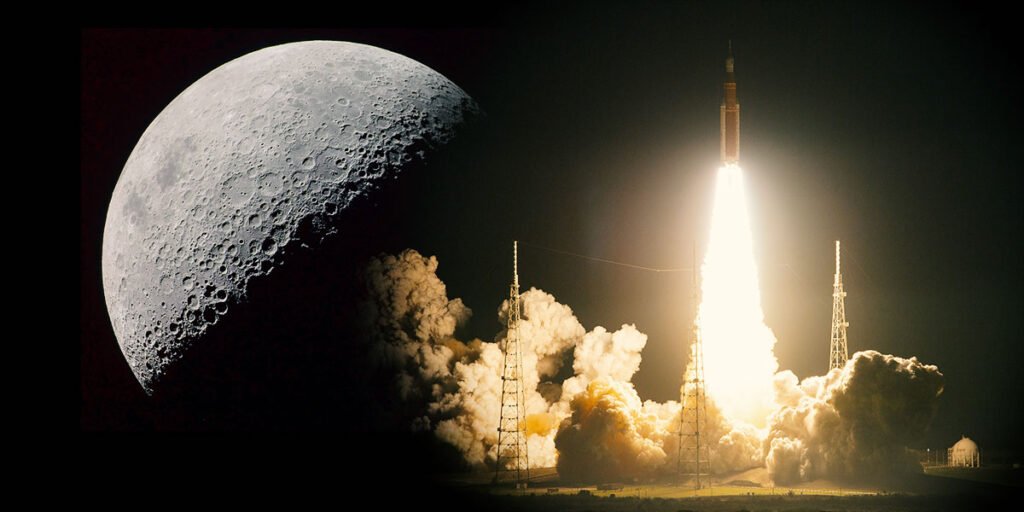
Celebrating Apollo 10: Alabama’s Ongoing Legacy in Space Exploration
On May 18, 1969, NASA initiated the Apollo 10 mission. This was the final test before humanity’s first moon landing, which took place just a month later. As Alabamians commemorate the 56th anniversary of this landmark achievement, it’s interesting to note how the state’s role in space exploration is not only historic but also evolving.
The Apollo 10 mission was launched from Cape Kennedy in Florida, yet much of what made it successful originated in Huntsville, Alabama. The Saturn V rocket, which carried astronauts Thomas Stafford, John Young, and Eugene Sernan, was designed and tested at NASA’s Marshall Space Flight Center located in Huntsville. Significant components, including the rocket’s guidance systems, also came from the same region, according to NASA documents related to Apollo 10.
Today, the Marshall Space Flight Center is recognized as a center for groundbreaking technological advancements. It plays a crucial role in developing the Space Launch System (SLS), a rocket set to return astronauts to the Moon as part of NASA’s Artemis program. Engineers at Marshall are actively engaged in various space technologies, including rocket engine testing and advancements in 3D printing for operations at the space station.
Nasa reports that its activities in Alabama have a wide-reaching impact, affecting all 67 counties through various research, educational, and economic partnerships. Currently, over 50 active agreements are in place with entities across the state, including the University of Alabama System and Auburn University, among others.
The state’s influence in space and defense is anticipated to grow even more. With Frank Caliber Meink confirmed as the new Secretary of the Air Force, there’s increasing momentum to relocate the U.S. Space Command from Colorado Springs to Redstone Arsenal in Huntsville.
“The selection of 21 categories speaks for itself,” remarked Rep. Dale Strong (R-Huntsville), highlighting the detailed evaluation process that previously identified Huntsville as the top choice.
With Meink now in place, many officials believe that a favorable decision for Alabama could be on the horizon.
As Alabama reflects on its past contributions to the Apollo program, it is also gearing up for next-generation space missions—not just to the Moon but also to Mars and beyond.







